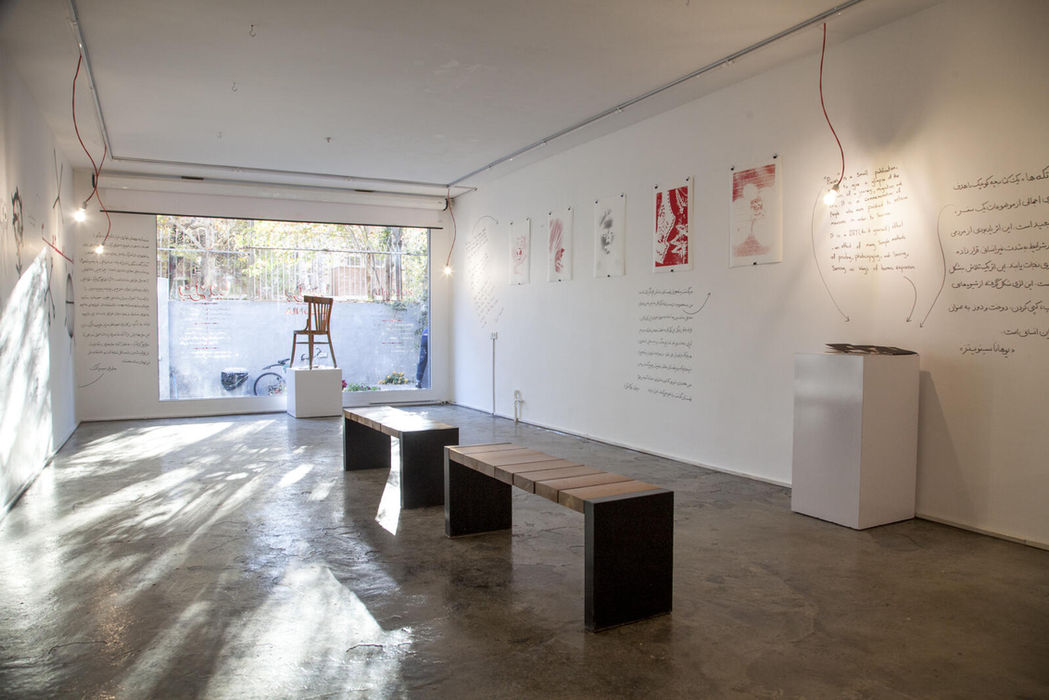The project titled "Migrant – Food Language" was initiated during an artistic residency in Iran in November 2017. Its goal is to draw attention to the significant channel of cultural exchange that is the "language of food."
The far-reaching richness of Polish tradition is based on the intermingling of various influences, starting from pagan customs of early medieval Slavic tribes, through Tatar, Lithuanian, Western European, Hungarian, and Jewish imports. On the other hand, we are aware of the impact of Polish customs on the culture of Europe and the world, especially during the recurrent waves of emigration in our challenging history.
In the "Migrant – Food Language" project, we focus on the role that food plays in this process. While moving, whether it's a journey or a permanent migration, we must take care of basic needs, and one of them is nourishment.
Food is our
common language
In times past, we had the opportunity to learn about what the visited land "gave birth to" and gather information about the fundamentals of the local diet. Nowadays, locality is often treated as a marketing strategy, as it has become a commodity and an attraction that draws customers, often contrary to the promises implied by the word's original meaning.
During our activities in Iran, often without the possibility of verbal communication (due to unfamiliarity with the local language and limited proficiency in English among Iranians), we endeavored to connect through food, posing questions (often through gestures): What are you eating? What is it made from? How do you prepare it? Who taught you to make it? On what occasions is it prepared? This way, we established connections with the local community, simultaneously breaking down barriers, dispelling stereotypes, and overcoming initial distrust. On many occasions, we were invited into homes, allowing us to get to know the lives of Iranians "from the kitchen."































